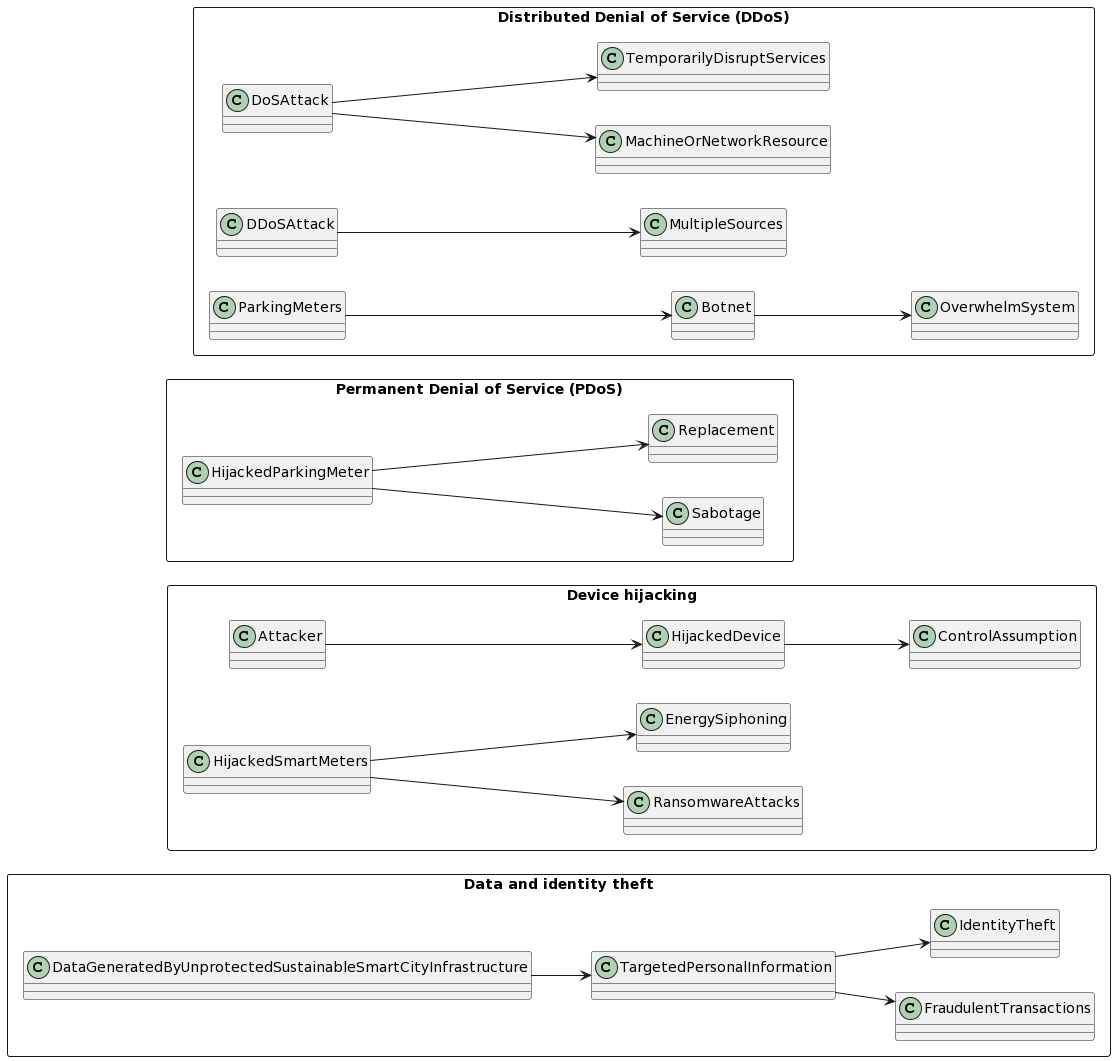Security and Resilience in Sustainable Smart Cities through Cyber Threat Intelligence
Main Article Content
Abstract
As sustainable smart cities continue to evolve, the importance of Cyber Threat Intelligence (TI) becomes evident in ensuring the security and seamless operation of these urban environments. This research presents three objectives that highlight the vital role of TI in sustainable smart cities, its types, along with the phases of the TI lifecycle. Objective focuses on the practical applications of TI in sustainable smart cities. These include integration with security products, enriching security alerts, proactive security measures, incident response, tuning security controls, incident investigation, assessing root causes and scope, gathering evidence and analysis, and assessing threat levels and developing security roadmaps. The second objective delves into the different levels at which TI addresses cyber threats in sustainable smart cities. Tactical intelligence focuses on identifying indicators of compromise (IOCs) to rapidly mitigate risks. Operational intelligence centers around understanding threat actors' tactics, techniques, and procedures (TTPs), enhancing incident response, and proactive threat hunting. Strategic intelligence involves comprehending the motivations and identities of threat actors, enabling cities to develop robust strategies to mitigate risks and defend against Advanced Persistent Threats (APTs). The last objective outlines the phases of the Cyber Threat Intelligence Lifecycle in sustainable smart cities. Starting with requirements, the lifecycle progresses through collection, processing, analysis, dissemination, and feedback. This systematic approach ensures the collection of relevant and reliable data, its transformation into actionable insights, and the effective communication of findings to stakeholders. Feedback from stakeholders allows for continuous improvement and adaptation of TI operations to meet changing needs. This research emphasizes the significance of integrating TI into the security fabric of sustainable smart cities. With TI's capabilities, cities can proactively defend against cyber threats, respond swiftly to incidents, and develop resilient systems aligned with sustainability goals.
